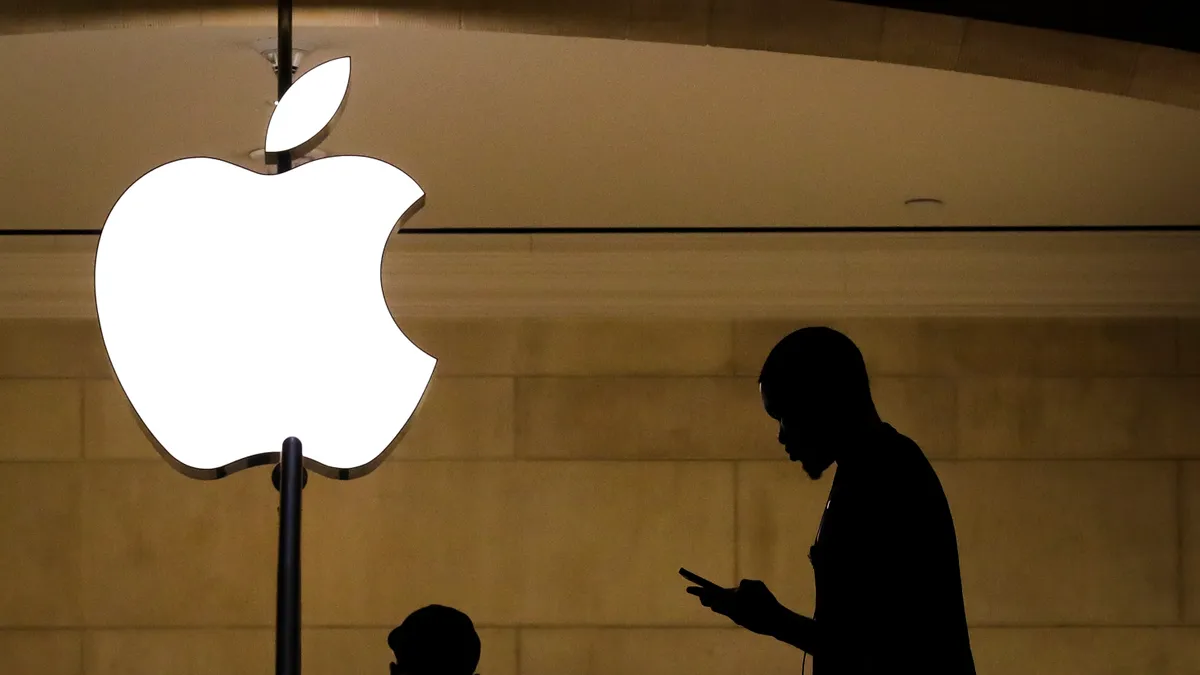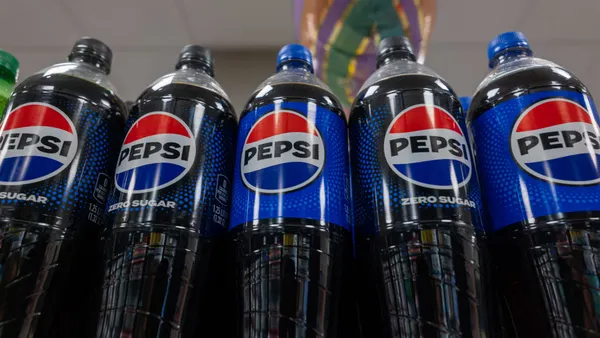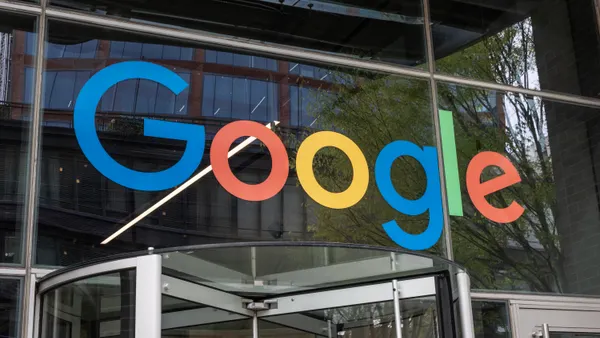Dive Brief:
- A German court has ruled that Apple cannot call its Apple Watch “carbon neutral” because of the short-term nature of reforestation projects used to offset the product’s emissions, according to an Aug. 26 announcement from German environmental and consumer protection nonprofit Deutsche Umwelthilfe (DUH), which brought the lawsuit.
- Apple has not said whether it will appeal the case. The company is currently facing a class-action suit in California about similar carbon-neutral claims made in relation to its smartwatch.
- Apple is phasing out “carbon neutral” language generally in its communications, it told Fast Company last month. The change is in line with the European Union’s Empowering Consumers for the Green Transition Directive, which goes into effect in September 2026. The EU law amends existing commercial protection laws in various ways, including banning the use of the terms “carbon neutral” for products that use offsetting to make that claim.
Dive Insight:
Apple unveiled a new line of carbon neutral Apple Watches in September 2023 and, shortly after announced progress towards its goal of being carbon neutral by 2030. At the time, Apple said it achieved neutrality by cutting emissions related to the watches’ production by 75%, and that it would cover the remaining 25% using “high-quality carbon credits” from “high-quality working forests and native ecosystems in Paraguay and Brazil.”
But DUH questioned the validity of those offsetting projects when it filed a lawsuit against Apple in 2024. The consumer electronics company claimed carbon credits from eucalyptus monocultures in Paraguay, but the legal proceedings found that 75% of these projects were leased until only 2029, according to a court press release. Further, Apple could not guarantee if these contracts could be extended.
The Frankfurt court overseeing the case ruled last week that these leases were too short for Apple to advertise the watch as carbon neutral, given that customers probably assumed emissions would be compensated until at least 2050, the benchmark year of the Paris Agreement, per the court press release. In fact, carbon emissions can impact the climate for 1,000 years, DUH said in an email to ESG Dive.
Because the voluntary carbon market is not regulated, the business “is susceptible to fraud, especially since many companies invest a lot of money in this market,” DUH said in the email.
A 2023 investigation by The Guardian, German newspaperDie Zeit and SourceMaterial determined that 90% of rainforest carbon offsets by the world’s biggest certifier, Verra, were “worthless.” About 87% of carbon offsets used by 20 major companies were at “high risk of not providing real and additional emissions reductions,” according to a 2024 study in Nature Communications. An analysis conducted by Reuters earlier this year found that 24 of 36 conservation projects in the Brazilian Amazon offering carbon offsets were linked to illegal deforestation.
“In most cases, we see falsified information regarding ‘additionality,’ i.e., that a forest is being protected from deforestation, for example, even though it was never endangered in the first place,” DUH told ESG Dive.
Apple is facing a class-action suit in California for calling the Apple Watch’s “carbon neutral” based on carbon offsets from reforestation projects that were already forested, or from preventing deforestation of land that was already protected, according to the February suit filed against the tech giant.
Apple has a month to appeal the decision or remove the carbon neutral claim from its advertising in Germany, DUH said in the email. And organizations in other EU countries should easily be able to issue warnings against the same advertising, because the EmpCo directive harmonizes greenwashing law across the bloc, DUH said.
Apple said in an email to ESG Dive that it would not comment on the length of the deforestation leases or on whether it planned to appeal, but it said that the court “broadly upheld our rigorous approach to carbon neutrality.”
DUH told ESG Dive it is monitoring other companies for similarly dubious carbon-offsetting projects. In the past, the environmental nonprofit has issued warnings to Shell, BP and Total Energies.










